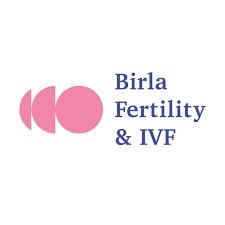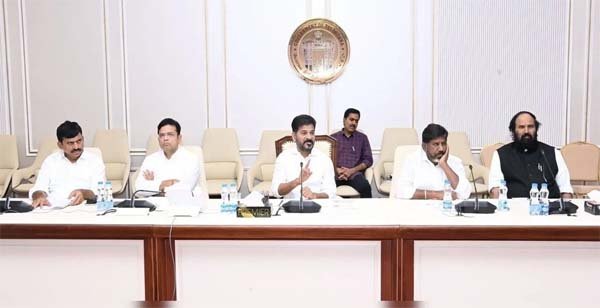By Dr. Namita Chandra Verma, Gynaecologist and Infertility Specialist, Birla Fertility and IVF, Raipur
Fertility in today’s world is impacted by a multitude of factors that are often overlooked. In the modern lifestyle, access to unhealthy dietary habits is on the fingertips and these quick hunger solutions are often characterised by a high intake of fats and sugars. This drastic shift in food habits has led to a significant rise in obesity and hormonal imbalances, both of which can adversely affect fertility. Additionally, individuals and couples are increasingly delaying family planning for financial or personal reasons, which can lead to challenges in conception later as fertility declines with age.
Tobacco and alcohol consumption is linked to infertility in both genders, while mental health issues like anxiety and depression disrupt hormonal regulation, making conception more difficult. Environmental factors, including pollution and exposure to harmful chemicals, also contribute to fertility challenges. The stress from declining fertility can lead to detrimental behaviors such as increased alcohol and caffeine consumption, tobacco use, and recreational drug misuse, heightening the risk of sexually transmitted infections and further complicating fertility.
Addressing these challenges requires a multifaceted approach. Counselling can help individuals and couples implement lifestyle changes to improve fertility outcomes. Getting nutritional guidance, regular exercising and managing stress can assist weight management and bring significant improvement in hormonal balance. Maintaining a consistent sleep schedule of 8-9 hours is also vital.
For those delaying parenthood, egg and sperm freezing has emerged as a viable option to arrest their ticking biological clocks and safeguard their peak fertility.
Advancements in technology have transformed fertility care with genetic screening and Preimplantation Genetic Testing for Aneuploidy (PGT-A) enhancing the likelihood of healthy pregnancies while minimising the risk of miscarriage.
Moreover, minimally invasive procedures like laparoscopy and hysteroscopy have improved success rates with quicker recovery times.
Fertility challenges in today’s fast-paced world are real, but they are not insurmountable. With the right knowledge, lifestyle choices, and timely medical intervention, individuals and couples can take control of their reproductive health.











